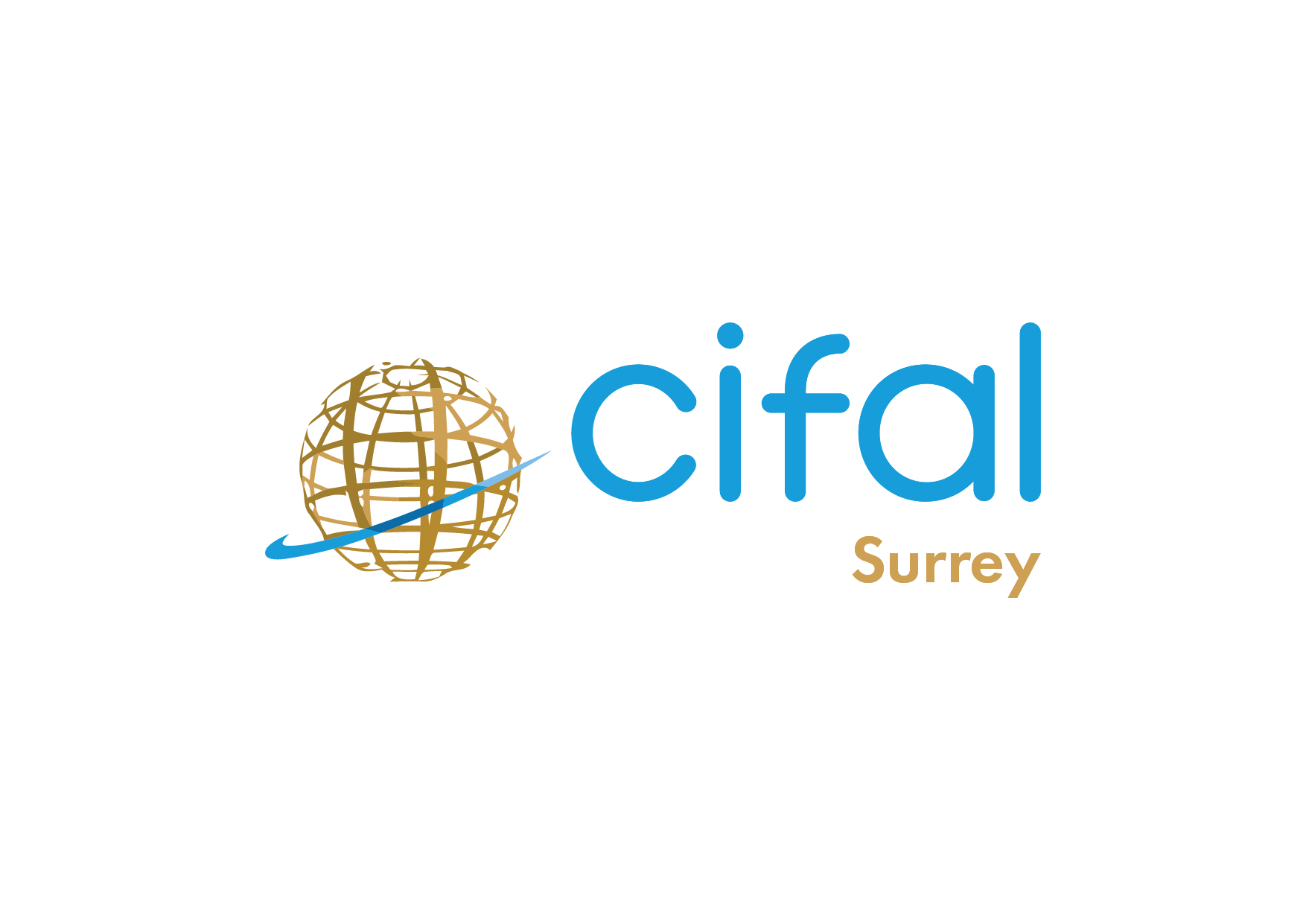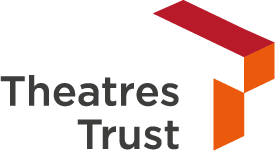
Sustainability Training
What is Sustainability Training for the Performing Arts and who would benefit from these courses?
The safe and just ecological transition of the sector requires everyone to have an understanding of the major climate challenges we face, the impact of industry specific activities, and the key actions we can take to reduce those impacts. As storytellers our potential influence on society as a whole is also deeply important from an environmental and social justice perspective. True sustainability for the arts requires us to find a balance between environmental, social and financial considerations the outcome of which will look different across art forms, and scales of work. By training staff, artists, practitioners, and boards we can empower them to find that balance, question the impacts of their work and find new, inspiring ways of working.
These courses are for anyone who wants to more fully understand the climate emergency, and gain an awareness of the everyday costs and impacts of carbon emissions. Through understanding how emissions are created in the performing arts, we can reduce our footprint and move towards making shows and running venues in a way that does not damage the planet.
Jennifer is an experienced trainer and facilitator, having worked for over 10 years with experiential training company Plays That Work, and now offers several ways to provide your team with the training they need to begin embedding sustainability into your organisation. She has worked in theatre for over 30 years across design, production, venues and higher education, and can bring industry insight to the climate conversation.

Courses + What to Expect
Whether you’re after a broad introduction or an accredited certification, my courses are designed with flexible options to help you feel confident and inspired to take meaningful steps toward a greener future.
Sustainability for the Performing Arts Training
This accredited course is intended to give industry professionals the science, practical tools and terminology they need to effectively lead change within their spheres of influence around environmental and social sustainability. This flexible training can be taken as one full day or split into two half-day sessions. Throughout the course, we will explore:
The Climate Emergency: An overview of the current climate crisis framed through the sustainability triangle of finance, society, and the environment.
Root Causes: An examination of underlying factors such as economic systems, government regulations, and social structures.
Assessing and Reporting: Introduction to greenhouse gases, the three scopes of emissions, carbon footprinting, water footprinting, biodiversity, and other climate impacts both at home and globally. Introduction to climate justice and the global connections, targets, and impacts involved.
Sector-Specific Tools: Exploration of key resources tailored to the performing arts sector, including Julie’s Bicycle, Creatives for Climate Scotland, Theatre Green Book, and the Green Producers Tool — each offering unique approaches to accounting and sustainability support.
Environmental Impact Areas: We will explore how energy, transport, food, materials, and communications contribute to the environmental footprint of performing arts. We will also review how various artists and organisations are responding to the climate crisis, and how we can advocate both within the sector and with audiences for change and improvement.
Climate Anxiety, Language and Resiliency: Discussion of the personal impact dealing with the climate crisis can have, and how it affects people’s resiliency. Exploration of the language we use to speak about the crisis, the motivation pathways of different people, and how we can frame our work to speak to various stakeholders and audiences.
Taking Action: Each participant will use the day to create their own bespoke action plan to reach a sustainability goal within the context of their job role, including consideration of who they need on side, what challenges might arise, and what the first two steps they need to take are. Participants who complete this action plan receive an accreditation through CIFAL.
This course is accredited through the UNITAR affiliated CIFAL centre at the University of Surrey. Depending on your needs, this course can be customised to focus on specific areas such as production, venues, or operations.
Testimonials
“Jennifer’s … course is absolutely outstanding. Created for the theatre industry the course…is packed with real world examples that are pertinent to the theatre professional. The course is bespoke and was described by a number of attendees as the best training that they have ever received. The amount of time and effort that has been put into this course is extraordinary, the detail impressive. Jennifer is acting where so many others are just talking, she is an example to us all and I urge everyone to sign up to the course, you will learn a lot and it will change how you make work.”
Gemma Swallow – Technical Director National Theatre Scotland
“I wanted to say how much I enjoyed the training course and feel it should be mandatory for absolutely everyone! Such an insight into climate change and what we can do as individuals and organisations to support such a hugely important issue.”
Ali Coltman, Director of Finance and Administration, National Theatre of Scotland
“Jenn’s face to face training offers contextualised… training that is tailored to each institution. With extensive knowledge of the realities of production in both large and small scale professional theatres , and a robust understanding of higher education settings, Jenn is able to deliver engaging and meaningful content to her groups.
We were all inspired, angered and moved at times during the training; and I have definitely seen a marked improvement in general sustainability engagement across staff in the institution since we received the training. I can highly recommend it, and will be actively encouraging others to prioritise this essential C.P.D training for their workforce.”
Katy Downton | Senior Lecturer – Theatre Production | Guildhall School of Acting, University of Surrey
What will we cover?
The current situation
We start the full day’s training by investigating the science behind the climate emergency–what is actually happening to the planet and how do we know it is happening? How does climate change manifest around the world? It’s not always about it getting hotter and understanding the different ways the earth is reacting can help us understand what needs to change.We will bring voices from across the globe into the room through first person reports of living with the effects of climate change.
Getting to the heart of the matter
Then we delve into the root causes of climate change, from our economic and societal structures, how we deliver the power required to keep us moving, patterns of consumption, and government regulations. We investigate how all these causes intersect with our daily lives and how we calculate our impact when creating and producing art. We also look at how artists are responding to the climate emergency and how art can be used to raise awareness in both direct and indirect ways.
How to take action
The second part of the training is about solutions–using the Theatre Green Book to delve into what theatres and other arts organisations are investigating, following our process from the initial artistic impetus of a production, through building and rehearsing the show, to marketing and audience communications, touring, funding, and then what we do with materials once we are finished with them. We also look at the learners’ personal spheres of influence and control within their jobs to consider how they can individually effect change.
Spreading the message considerately
The most important climate action we can take is to talk about it, share the information, keep it in the conversation. We always want to do this with compassion, authenticity and care whether we are communicating with suppliers, colleagues, funders or audiences. Where and how does this conversation start? What are the challenges and potential wins of undertaking these conversations? What can each person in the room do in the form of pledges and actions to reduce our ecological impact and carbon footprint as they relate to the creation of art.
Knowledge and inspiration sharing
Group discussions throughout the day are tailored to the learners in the room, taking into account whether they are from a single organisation or many different ones coming together, and the range of professions present in order to work together whether we are building a flat, serving at the theatre bar, or lighting the stage.
By the end of either course
By the end of the course you will have the underpinning knowledge and understanding of the issues to begin to create real and lasting change in your daily work, and consequently in your organisation. No one company or single artist can solve this crisis but working together we have already proven that our industry can and will continue to make substantial change and improvements.



















